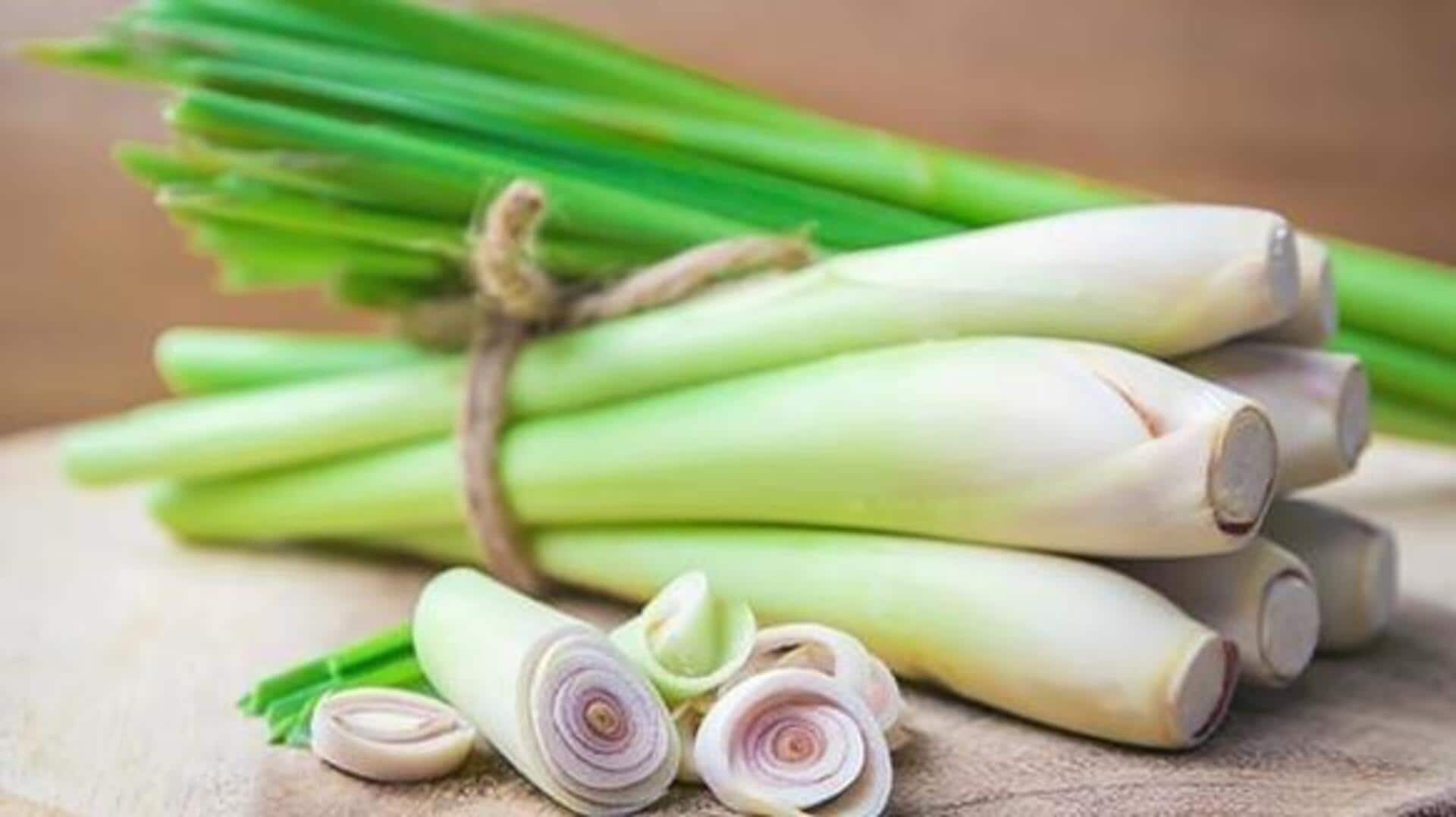
Add these herbs to your daily meals for better health
What's the story
Herbs have always been an integral part of vegetarian cooking, providing a natural flavor boost and depth to dishes. While we all know common herbs such as basil and parsley, there are several unique herbs that can turn your regular vegetarian meals into the extraordinary. They not only impart unique flavors but also provide a host of health benefits. Here are five unique herbs to elevate your vegetarian dishes.
Citrus herb
Lemongrass: A citrus twist
Lemongrass is famous for its refreshing citrus flavor, which can elevate any dish. Widely used in Asian cuisine, it goes well with soups, curries, and stir-fries. The herb's mild lemony flavor adds a fresh twist without overpowering other ingredients. Further, lemongrass is said to have anti-inflammatory properties and could help with digestion.
Aromatic herb
Lovage: Celery's cousin
Lovage has a flavor similar to celery, but with an extra punch that makes it unique. You can use this herb in salads, soups, and stews to give them an aromatic uplift. Its leaves are commonly used as a garnish or seasoning owing to their intense flavor. Lovage is also packed with vitamins C and B complex, which helps improve overall health.
Traditional herb
Epazote: Mexican marvel
Traditionally, Epazote is used in Mexican cooking for its pungent aroma and the ability to reduce gas-producing effects of beans. It has a unique combination of minty flavor with oregano and aniseed. This herb goes well in bean dishes or as part of sauces for enchiladas or tacos.
Exotic herb
Shiso: Japanese delight
Shiso leaves lend an exotic touch with their slightly spicy yet sweet flavor, which is similar to mint or basil with a hint of cinnamon. Commonly used in Japanese cuisine, shiso beautifully complements sushi rolls or rice dishes. It also adds vibrant color when served fresh as garnishes on salads.
Fragrant herb
Kaffir lime leaves: Fragrant addition
Kaffir lime leaves add an intense fragrance with zesty, lime-like notes, ideal for boosting curries or coconut-based soups like Thai tom yum soup recipes. They flavor the broth during simmering stages before being removed before serving time because of their tough texture, not meant to be eaten directly. Still, they offer aromatic benefits throughout the entire dish preparation process.